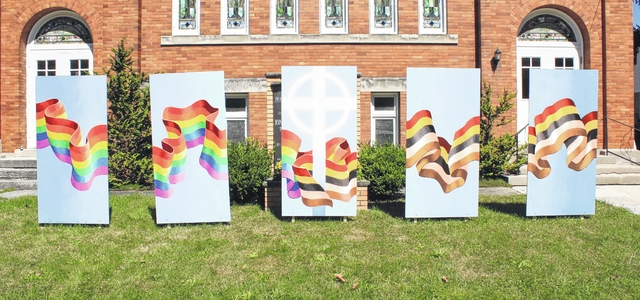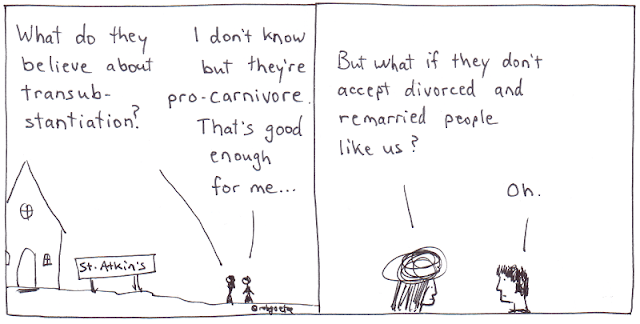Bishop Flunder, author of Where the Edge Gathers: Building a Community of Radical Inclusion, discusses twelve key aspects about the radical inclusivity model in the appendix of her book. Here are the twelve summary statements from these key aspects:
Twelve Steps: The Refuge Radical Inclusivity Model from Bishop Yvette Flunder
1.
Radical Inclusivity is and must be radical.
2.
Radical Inclusivity, recognizes, values, loves and celebrates people on the margin.
3.
Radical Inclusivity recognizes harm done in the name of God.
4.
Radical Inclusivity is intentional and creates ministry on the margin.
5.
The primary goal of Radical Inclusivity is not to imitate or change the mainline church, but rather to be Church.
6.
Radical Inclusivity requires a new way of seeing and a new way of being.
7.
Radical Inclusivity requires awareness, information and understanding.
8.
Radical Inclusivity does not hide and works to undo shame and fear.
9.
Radical Inclusivity recognizes diversity on the margin.
10.
Radical Inclusivity must be linked to preaching and teaching.
11.
Radical Inclusivity demands hospitality.
12.
Radical Inclusivity is best sustained and celebrated when everyone in the community is responsible and accountable.
From Yvette A. Flunder, author of Where the Edge Gathers: Building a Community of Racial Inclusion
For more information on each point, see the appendix for the book.









